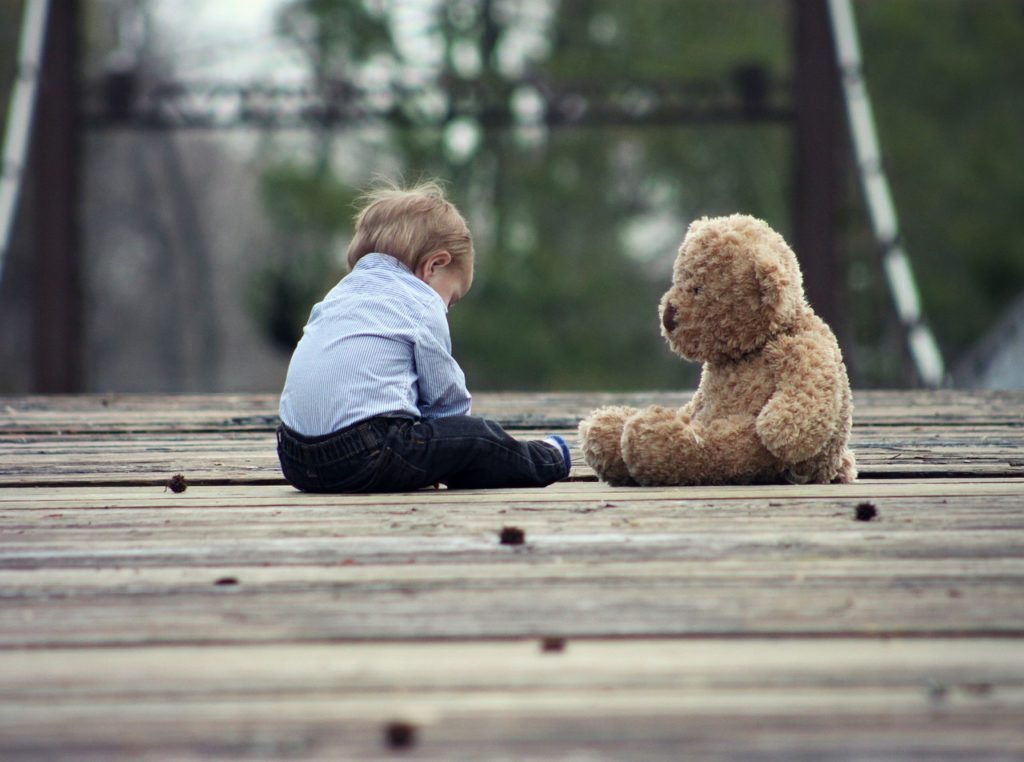6 hours over 3 sessions
11, 13 & 15 Mar 2024, 1pm-3pm
Divorce is a difficult time for the family. Divorce introduces huge changes into the lives of most children: direct or indirect involvement with parental conflicts, changes in where they live and sometimes where they school, changes in parental-child relationships because of reduced parental contacts, parental authority. Divorce is a great loss for most children. The centre of their world – their family- is torn apart. They are often caught in an emotional roller coaster. They may experience a range of emotions such as sadness, denial, anger and even self-blame. Research shows divorce increases the risk for emotional, psychological, social and academic amongst children. This is a legitimate concern for children, parents and the community.
The Children in Between (CIB) is a skills-based programme that helps families deal with the children’s reactions to divorce. It aims at helping divorced/divorcing parents co-parent effectively and build resilience in their children.
Divorces are not all the same, nor are children’s reactions to the divorces. The divorce of one’s parents and the changes that follow are painful, confusing and stressful for children of all ages.
The most common reactions to divorce in young children between ages 6 and 11, are fear, confusion, and guilt. Children at this age lack the mental abilities to understand what is happening and why.
Older children between ages 12 and 14 have both advantages and disadvantages in dealing with divorce. Because of their capacity to take perspectives, and sensitivity to the emotional distress of others, they may tend to deny or dismiss their own needs and pains.
CIB for Children is a 3-session groupwork programme conducted separately for children (6-11yrs) and Children (12-14yrs).
CIB for CHILDREN covers:
-
Why Aren’t Some Families Together?
-
Myths and truths about divorce
-
Skills to share their feelings with their parents
-
Positive ways to cope with their parents’ divorce
11, 13 & 15 Mar 2024, 3.30pm-5.30pm
Divorce is a difficult time for the family. Divorce introduces huge changes into the lives of most children: direct or indirect involvement with parental conflicts, changes in where they live and sometimes where they school, changes in parental-child relationships because of reduced parental contacts, parental authority. Divorce is a great loss for most children. The centre of their world – their family- is torn apart. They are often caught in an emotional roller coaster. They may experience a range of emotions such as sadness, denial, anger and even self-blame. Research shows divorce increases the risk for emotional, psychological, social and academic amongst children. This is a legitimate concern for children, parents and the community.
The Children in Between (CIB) is a skills-based programme that helps families deal with the children’s reactions to divorce. It aims at helping divorced/divorcing parents co-parent effectively and build resilience in their children.
Divorces are not all the same, nor are children’s reactions to the divorces. The divorce of one’s parents and the changes that follow are painful, confusing and stressful for children of all ages.
The most common reactions to divorce in young children between ages 6 and 11, are fear, confusion, and guilt. Children at this age lack the mental abilities to understand what is happening and why.
Older children between ages 12 and 14 have both advantages and disadvantages in dealing with divorce. Because of their capacity to take perspectives, and sensitivity to the emotional distress of others, they may tend to deny or dismiss their own needs and pains.
CIB for Children is a 3-session groupwork programme conducted separately for children (6-11yrs) and Children (12-14yrs).
CIB for CHILDREN covers:
-
Why Aren’t Some Families Together?
-
Myths and truths about divorce
-
Skills to share their feelings with their parents
-
Positive ways to cope with their parents’ divorce

